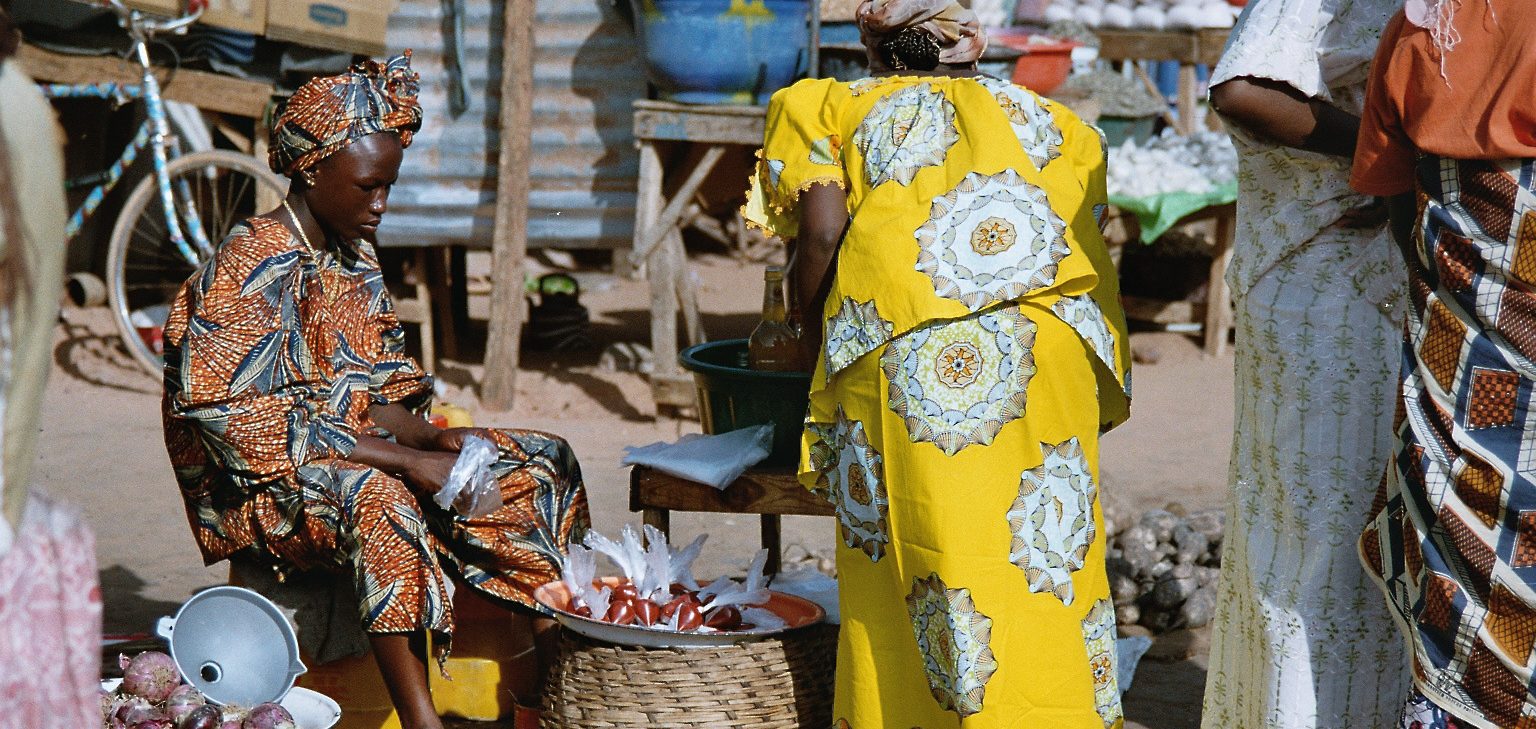
Cities and Borders
Professor Leonardo A. Villalón and Visiting Associate Professor Olivier J. Walther, Co-Principal Investigators.
Institutional background
This project builds on a memorandum of understanding signed by the University of Florida and the Sahel and West Africa Club (SWAC) of the Organization for Economic Cooperation and Development (OECD) in Paris on March 22, 2017. The collaboration aims to better anticipate changes in border cities within the Sahel and elsewhere in West Africa. The two-year program involves research activities dedicated to cities and borders and on policy initiatives aiming at facilitating exchange among researchers, policy-makers and the civil society.
With generous funding from SWAC, the Cities and Borders program represents an effort to analyze the physical, economic, political and environmental specificities of West African border cities, and the role they play in building regional integration. The program builds on previous work dealing with borders in the region, including the Reviving Local Economies in West Africa (ECOLOC) program, the West African Long-Term Perspective Study, the Africapolis database and most recently the report on “Cross-border co-operation and policy networks in West Africa”. The different activities will inform a number of initiatives developed by the Permanent Interstate Committee for Drought Control in the Sahel, the Economic Community of West African States, the West African Economic and Monetary Union and the African Union. The purpose of this work is to provide support for regional policies and international strategies in order to better anticipate two major changes impacting the region: the border-related aspects of urbanization, and climate change.
Research
In order to identify the specificities of West African border cities, we will analyse both qualitative and quantitative variables, including physical features such as geography and climate, as well as social, economic, legislative and institutional factors. This work will supplement the extensive mapping work produced as part of the report “Cross-border co‑operation and policy networks in West Africa,” as well as the Africapolis database.
Two extensive field surveys at the local and regional levels will also be carried out to analyse women’s trade networks and their relations to border markets in West Africa. This analysis will be based on social network analysis (SNA) methodology, to identify the actors involved in women’s networks, map their formal and informal relationships, and assess the impact of national borders on the exchange of information and power. Assessing the structure of these women’s networks and how they change will also enable us to collect information on the adaptation and resilience strategies developed by their members.
Policy dialogue
In addition to the cities and borders research, the SWAC-UF project will include collaborative efforts on strengthen policy dialogue on development and security issues. A multitude of development initiatives have been established to tackle the acute security challenges of the Sahara-Sahel region. These initiatives include the EU Strategy for Security and Development in the Sahel (2011), the UN Integrated Strategy for the Sahel (2013), the AU Strategy for the Sahel Region (2014) and the ECOWAS Strategy for the Sahel (2014), as well as the strategies of other multilateral and bilateral partners. However, there is a collective understanding that development partners must work more closely together in these efforts.
Our objective is to strengthen dialogue among all actors involved in initiatives to achieve lasting security for the West African population, with a special interest in bridging the divide between academia and policy development in the Sahel-Sahara region. The researchers involved in this activity will facilitate exchanges on the Sahel-Sahara region’s context, their existing strategies, obstacles that they had encountered and policy recommendations with representatives of countries and multinational institutions, following the Bamako Conference. The researchers will also deliver a series of policy notes to be published by the OECD in its West African Papers series.
Download our flyer in English and French.
Outputs
– Trémolières M, Walther O. (eds) 2019. Women and Trade Networks in West Africa. Paris, OECD Publishing.
– Trémolières M, Walther O. 2019. Accessibility and infrastructure in border cities. OECD West African Papers 23.
– Trémolières M, Walther O. 2019. Business and health in border cities. OECD West African Papers 22.
– Trémolières M, Walther O. 2019. Population and morphology of border cities. OECD West African Papers 21.
– Trémolières M, Walther O. 2019. Regional integration in border cities. OECD West African Papers 20.